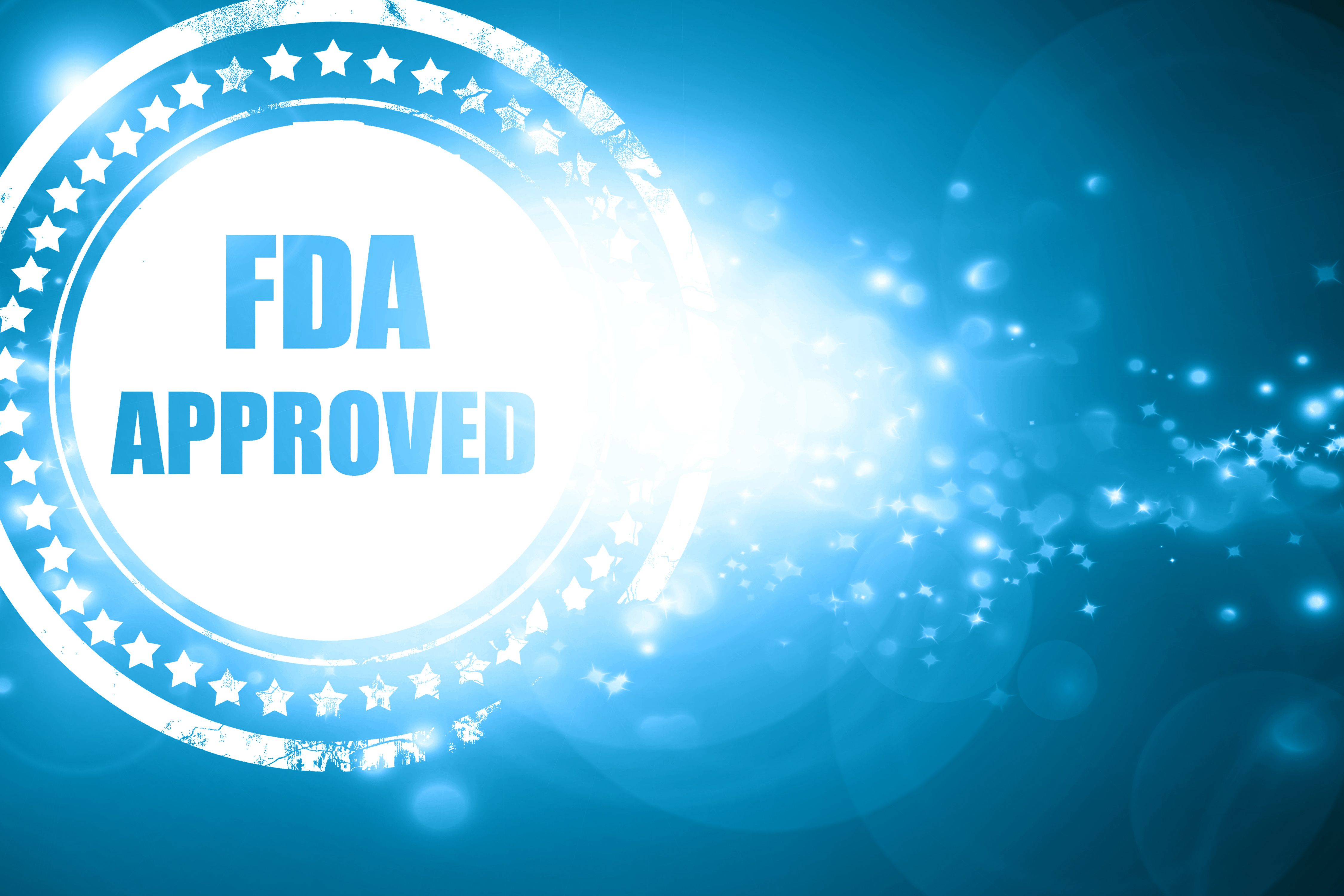- Bone Health
- Immunology
- Hematology
- Respiratory
- Dermatology
- Diabetes
- Gastroenterology
- Neurology
- Oncology
- Ophthalmology
- Rare Disease
- Rheumatology
FDA Approves Samsung Bioepis’ Pyzchiva, a Biosimilar to Stelara
Pyzchiva (ustekinumab-ttwe) is the third ustekinumab biosimilar to receive approval for the American market. It was also approved with interchangeability.
The FDA has approved Samsung Bioepis’ Pyzchiva (ustekinumab-ttwe) for the treatment of inflammatory conditions, including plaque psoriasis and ulcerative colitis.
The approval of Pyzchiva marks the third ustekinumab approval for the US as well as the 14th interchangeable biosimilar. | Image credit: Argus - stock.adobe.com

Pyzchiva marks the third biosimilar referencing Stelara (ustekinumab) to be approved for the American market, and the biosimilar was approved with an interchangeability designation, allowing for it to be substituted for the reference product at the pharmacy level without waiting for physician approval.
Upon launch, Pyzchiva will be available with intravenous and subcutaneous administration options. Here is the full list of patient indications:
- Moderate to severe plaque psoriasis who are candidates for phototherapy or systemic therapy
- Active psoriatic arthritis
- Moderately to severely active Crohn disease
- Moderately to severely active ulcerative colitis
“The FDA approval of Pyzchiva as a biosimilar to Stelara is an important milestone for patients living with inflammatory conditions, as biosimilars can offer more choice and access to biologic treatments,” said Byoung In Jung, vice president and regulatory affairs team leader at Samsung Bioepis. “In addition, biosimilars have a potential to reduce the financial burden of health care systems, especially in the US where biologics account for more than 46% of the annual drug spending. We will continue to reinforce our commitment to widen access to medicines by advancing our biosimilar pipeline for the benefits of patients, health care providers, and health care systems around the world.”
Psychiva’s approval follows those for Wezlana (ustekinumab-auub) in November 2023 and Selarsdi (ustekinumab-aekn) in April 2024. Wezlana was developed by Amgen and Selarsdi was developed by Alvotech and will be marketed in the US by Teva Pharmaceuticals as part of a commercialization partnership.
The FDA approved Pyzchiva based on comprehensive evidence, including analytical, nonclinical, and clinical data, confirming its biosimilarity to Stelara with no significant differences in safety, purity, or potency. A phase 1 study (NCT04772274) showed equivalent pharmacokinetics, safety, tolerability, and immunogenicity between Pyzchiva (SB17) and Stelara in healthy volunteers. A phase 3 study (NCT04967508) in patients with moderate to severe plaque psoriasis demonstrated similar efficacy, safety, and pharmacokinetics for SB17 and Stelara up to week 28. These findings were published in the Journal of the American Academy of Dermatology and presented at the 2024 American Academy of Dermatology annual meeting.
Pyzchiva, developed by Samsung Bioepis, will be commercialized by Sandoz in the US as part of a September 2023 commercialization agreement between the companies. Sandoz will have exclusive commercialization rights to Pyschiva in the US, Canada, European Economic Area, Switzerland, and the UK.
In the US, the license period for Pyzchiva will commence on February 22, 2025, as per the settlement and license agreement between Samsung Bioepis and Janssen Biotech, the maker of Stelara. Similar settlement agreements have resulted in delayed launches for Wezlana and Selarsdi from 2024 to 2025.
Samsung Bioepis has a portfolio of 11 biosimilars spanning immunology, oncology, ophthalmology, hematology, nephrology, and endocrinology. As of June 2024, 7 of these biosimilars are approved in the US, with 4 already commercially available.
Reference
FDA approves Pyzchiva (ustekinumab-ttwe), Samsung Bioepis’ biosimilar to Stelara. News release. Samsung Bioepis. July 1, 2024. Accessed July 1, 2024. https://www.biospace.com/article/releases/fda-approves-pyzchiva-ustekinumab-ttwe-samsung-bioepis-biosimilar-to-stelara/
Newsletter
Where clinical, regulatory, and economic perspectives converge—sign up for Center for Biosimilars® emails to get expert insights on emerging treatment paradigms, biosimilar policy, and real-world outcomes that shape patient care.
